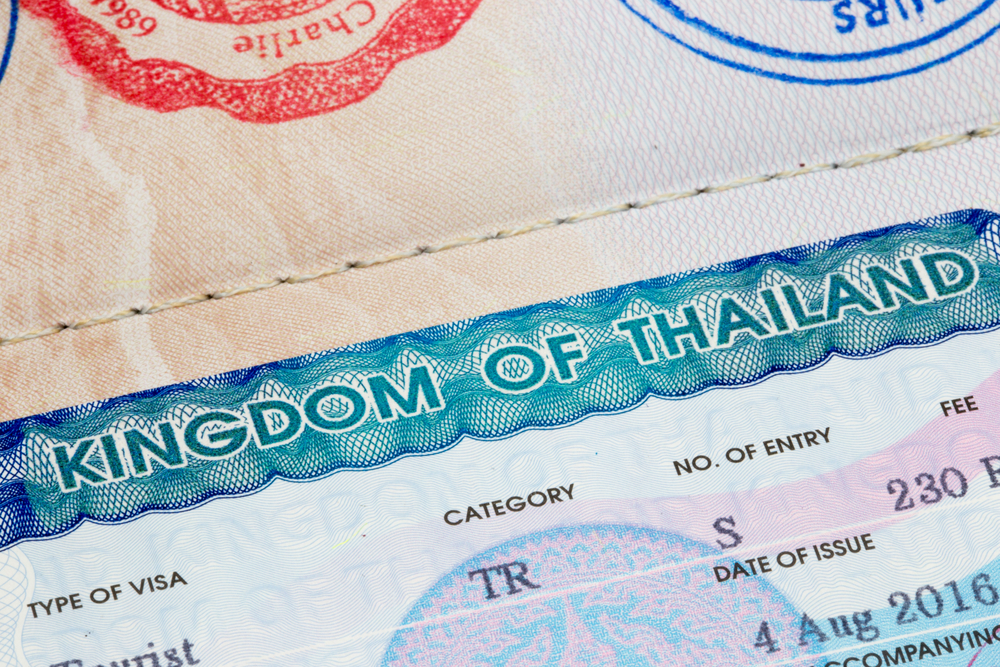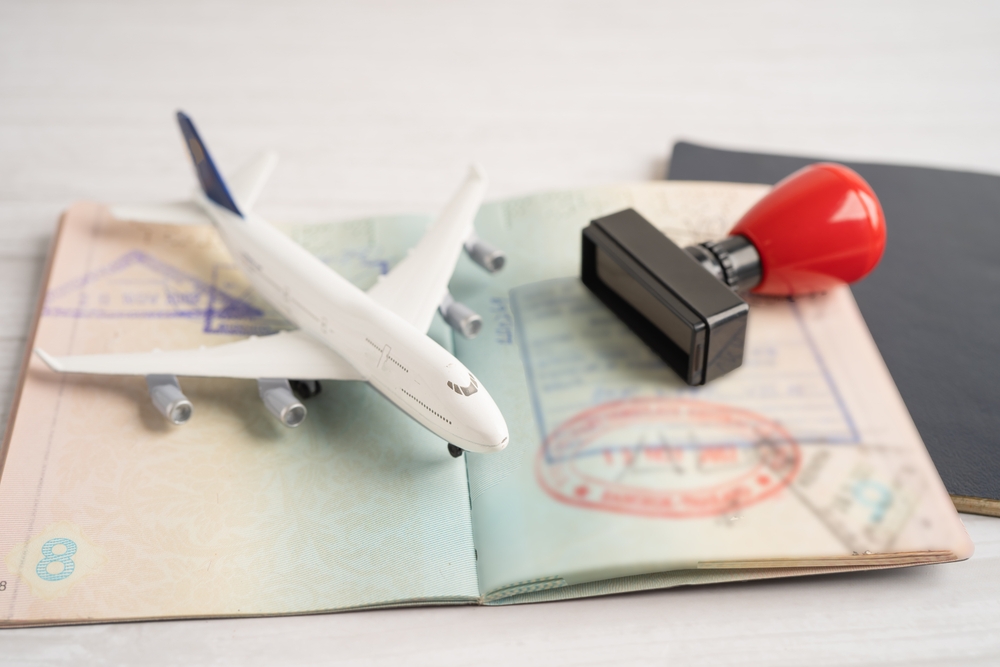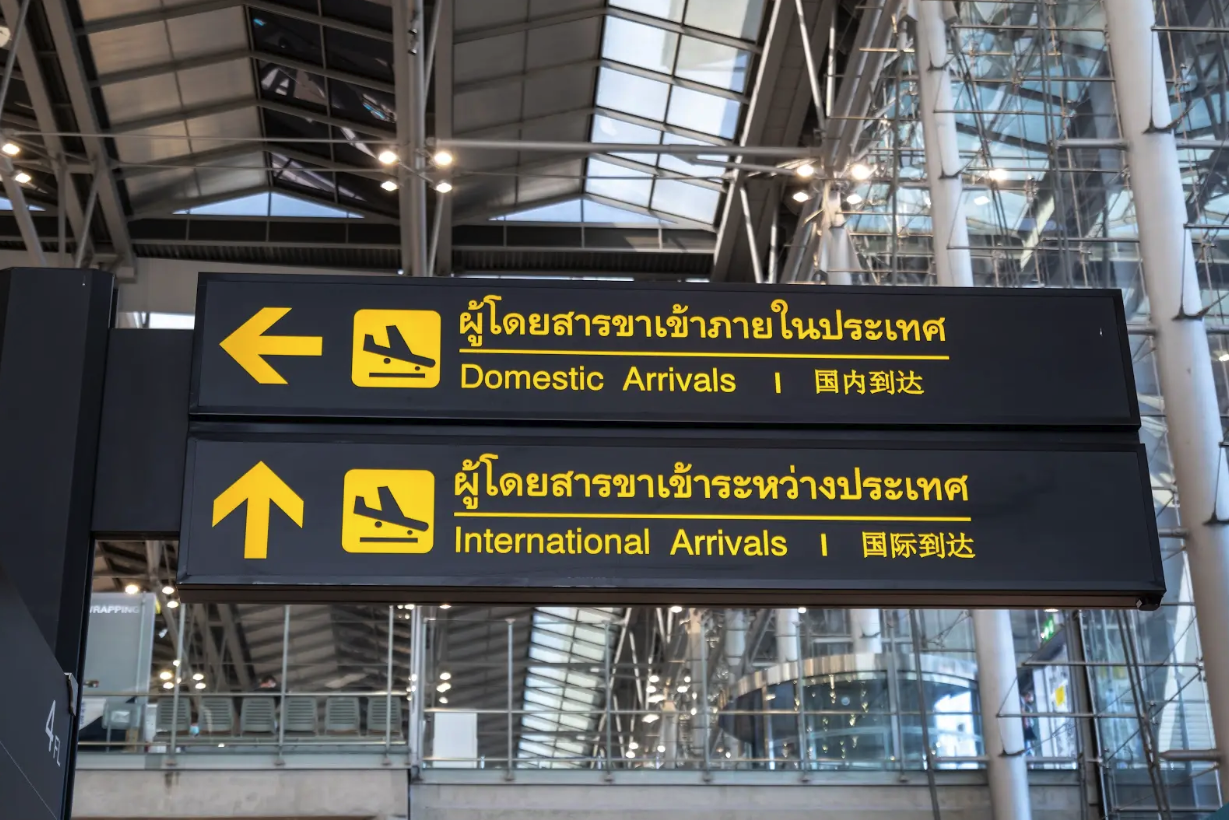How Long Is a Visa? Understanding Visa Durations and Types in 2025
Visas are essential documents that allow travelers, professionals, and residents to enter and stay in foreign countries legally.
One of the most common questions asked by travelers is: How long does a visa last?
The answer depends on several factors — including the visa type, issuing country, applicant’s nationality, and purpose of stay. This 2025 guide explains visa validity, duration of stay, and extensions across popular visa categories around the world.
What Determines How Long a Visa Lasts?
Factors Influencing Visa Duration
The validity of a visa depends on:
- Purpose of travel (tourism, business, study, or residence)
- Bilateral agreements between countries
- Applicant’s nationality and immigration risk profile
- Local immigration regulations and policy updates
Some countries issue short-term tourist visas for a few weeks, while others grant long-term residence or employment visas valid for several years.
Visa Validity vs. Duration of Stay
These two concepts often cause confusion:
- Visa Validity → The window of time during which you can enter a country.
- Duration of Stay → The permitted length of your stay after entering.
For example, a visa may be valid for one year, but each entry may allow a stay of only 90 days.

Single-Entry vs. Multiple-Entry Visas
Single-Entry Visa
Allows one entry during the visa validity period. Once you exit, a new visa is required for re-entry.
Multiple-Entry Visa
Permits multiple entries and exits until expiry — ideal for frequent business travelers or regional commuters.
Example: Thailand’s Multiple-Entry Tourist Visa (METV) allows unlimited entries within a 6-month period, with each stay capped at 60 days.
How to Check Your Visa Expiry and Stay Duration
Reading Your Visa Label or Entry Stamp
Visas display:
- Issue and expiry dates
- Maximum days per stay
- Number of entries
- Remarks or conditions (e.g., “employment prohibited”)
Online Visa Status Portals
Many countries now offer digital verification portals — for example:
Visa Extensions and Renewals
When Can You Extend a Visa?
Extension eligibility varies. Tourist visas can often be extended once, while business and work visas require employer or sponsor involvement.
Thailand, for instance, allows 30-day extensions for many tourist categories.
How to Apply for an Extension
- Apply before expiry at a local immigration office.
- Submit your passport, application form, and updated financial or employment documents.
- Pay the official extension fee.
Late applications can result in fines or loss of status.
Overstaying a Visa: Consequences and Penalties
Fines and Legal Penalties
Overstaying even one day can trigger fines; longer overstays may result in detention, deportation, or blacklisting (e.g., Thailand imposes a ban of up to 10 years for serious overstays).
Impact on Future Applications
Immigration systems share records internationally; prior overstays can reduce your chances of approval for future visas.
Special Visa Programs with Unique Durations
Digital Nomad Visas
Introduced in many countries since 2021, these visas allow remote workers to reside for 6 months – 2 years while working for overseas employers.
Retirement Visas
Popular in Thailand, Malaysia, and Portugal, retirement visas typically last 1 year, renewable annually with proof of funds and health insurance.
Investor and Residency Visas
Programs like Thailand’s Investment Visa, Portugal’s Golden Visa, or Singapore’s Global Investor Program offer residency from 5 – 10 years with renewal or citizenship potential.
Tips to Manage Visa Duration Effectively
✅ Keep a digital and paper copy of all visa stamps and extensions.
✅ Note both entry date and permitted stay date on arrival.
✅ Apply for renewals well in advance (at least 2–4 weeks before expiry).
✅ Seek professional immigration advice for complex visa categories.

Frequently Asked Questions
- How long do visa durations usually last?
Tourist visas: 30–90 days; work and student visas: months to years.
- What’s the difference between validity and duration of stay?
Validity = time you can enter; duration of stay = time you can remain.
- Can you extend your visa?
Often yes, by applying before expiry at immigration offices.
- What happens if you overstay?
Fines, deportation, and potential bans from re-entry.
- Single-entry vs. multiple-entry?
Single-entry = one entry only. Multiple-entry = several entries during validity.
Final Thoughts
Understanding visa durations is essential for safe, lawful, and stress-free travel. Whether you’re a tourist, student, or investor, staying within legal limits protects your record and keeps future applications smooth.
When in doubt, always verify your visa’s specific terms with the issuing authority or a trusted immigration professional.
References
- U.S. Department of State – Visa Duration and Validity
- Thailand Immigration Bureau – Visa Rules and Extensions
- Australian Department of Home Affairs – Visa Validity Periods
- UK Government – Visa Types and Duration
- European Commission – Schengen Visa Information (ETIAS 2025 Update)

















